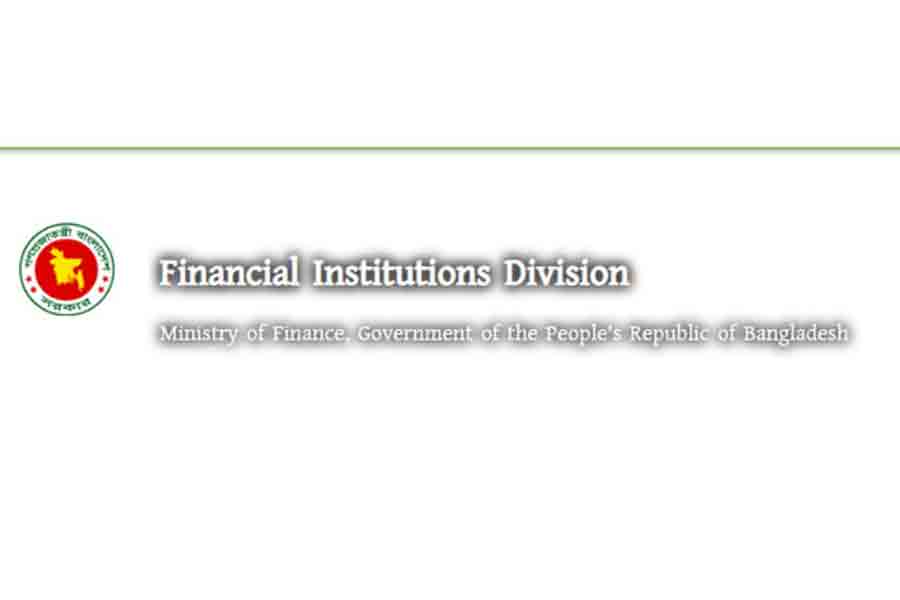
Published :
Updated :

The new guidelines issued by the Financial Institutions Division for incentive bonuses of state-owned banks and financial institutions are driven as much by the aim of linking rewards to actual performance as by the broader need to bring discipline and accountability to a troubled sector. For a long time, these banks and financial institutions (FIs) have been weighed down by mounting loan defaults and losses that were often glossed over in polished audit reports. However, the July uprising of last year shattered this facade and exposed how bad things truly were. Reports revealed that state-owned and specialised banks were drowning in non-performing loans, short on capital and riddled with money laundering scandals disguised as loans. Yet, even as these losses piled up, officials of some of the same banks and FIs were receiving multiple incentive bonuses in violation of existing rules. This was seen as unfair and offensive to the public, especially when ordinary depositors and taxpayers were paying the price for the sector's failures. The new guidelines for 2025 are meant to correct this practice by making incentive bonuses strictly dependent on performance across all state-owned and specialised banks and FIs.
It is indeed commendable that through these new guidelines the Financial Institutions Division (FID) has sought to rein in past excesses, such as instances where banks awarded as many as five incentive bonuses in a single year. Under the new arrangements, state-owned commercial banks must now meet five performance benchmarks including net profit rate, deposit growth, loan growth and recovery rates before bonuses can be approved. Specialised and non-scheduled institutions face similar, though in some cases fewer, criteria. This is undoubtedly a positive change. After all, incentives should be earned, not simply handed out, because they encourage officials to work harder to improve the health of their institutions. When a bonus depends on recovering bad loans, employees have a direct reason to prioritise this critical task. Such a system helps build a culture where rewards are tied to real results, which is a necessary step toward restoring public trust in these banks.
Ironically, the new rules also keep a provision for ex gratia payments which allow banks to pay an extra month's basic salary even when they fail to meet the criteria. This mechanism fundamentally dilutes the strictness of the performance rules, making one to question the purpose of rigorous targets if a safety net is always there. In a sector where many institutions are technically insolvent and survive on government bailouts funded by taxpayers, such ex gratia payments are deeply inappropriate. They risk turning bonuses into consolation prizes for poor performance, or worse, rewards for failure, and could pave the way back to the old practice of awarding incentives regardless of results.
That's why the FID's initiative, while a move in the right direction, requires immediate and decisive refinement. To be effective, bonuses must reflect genuine performance, not political favour or the fictional gains of creative accounting. The provision for ex gratia payments in particular has no place in a struggling banking system and must be abolished. Furthermore, transparent reporting mechanisms are essential to prevent a return to the arbitrary practices of the past. The ultimate goal is a strong, stable and publicly trusted banking sector. To achieve this, the government and regulators must ensure that every incentive payment is tied to clear, verifiable results. Only then can bonuses function as tools for improvement rather than symbols of waste, allowing state-owned banks to begin the essential work of restoring discipline, credibility and long-term stability.


 For all latest news, follow The Financial Express Google News channel.
For all latest news, follow The Financial Express Google News channel.